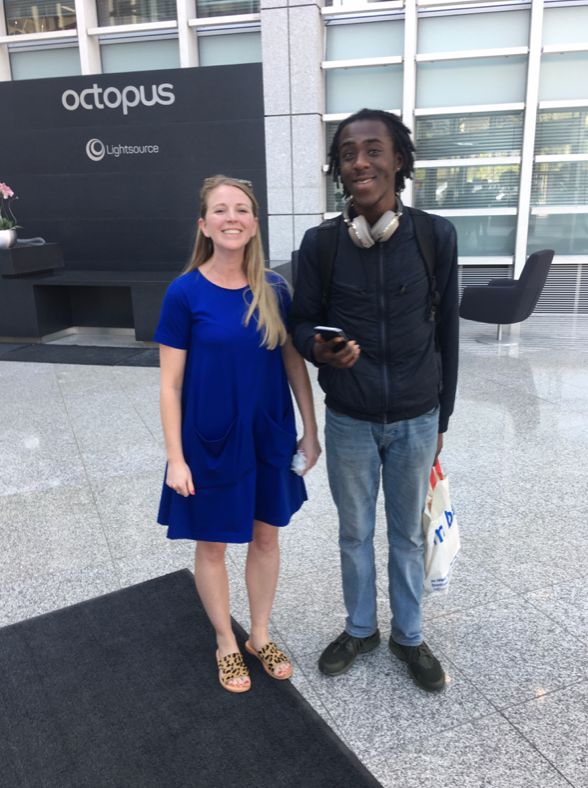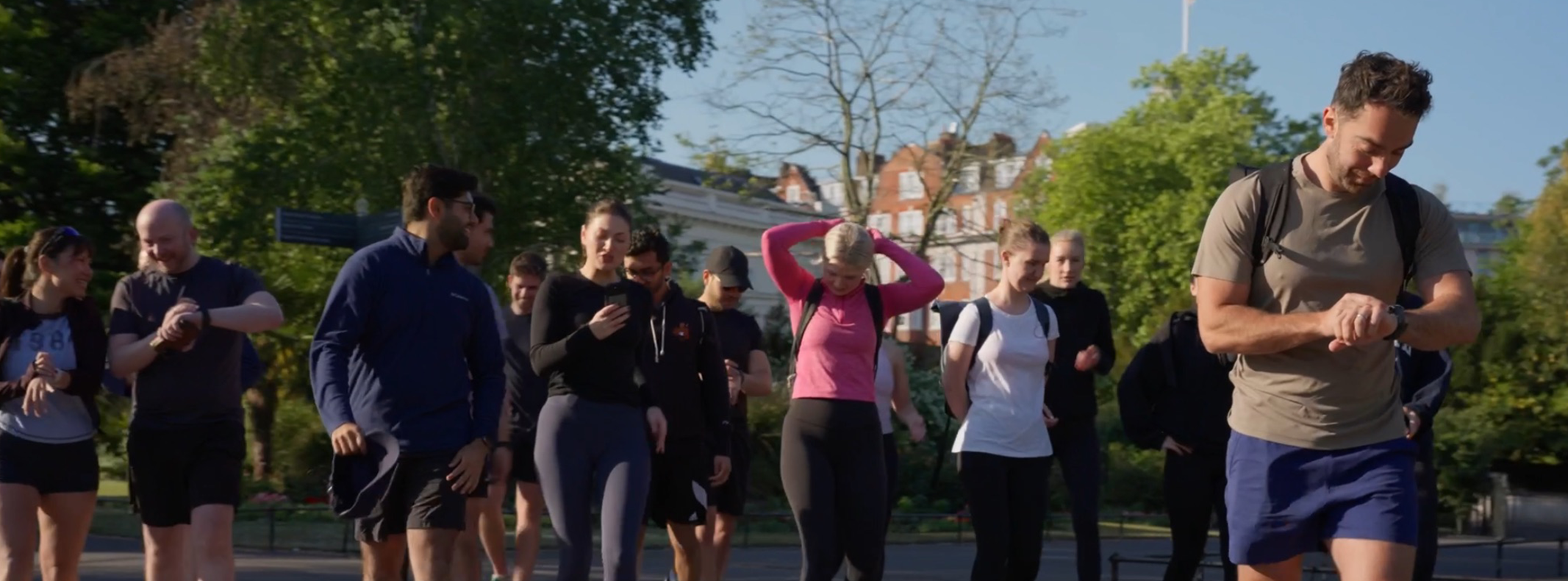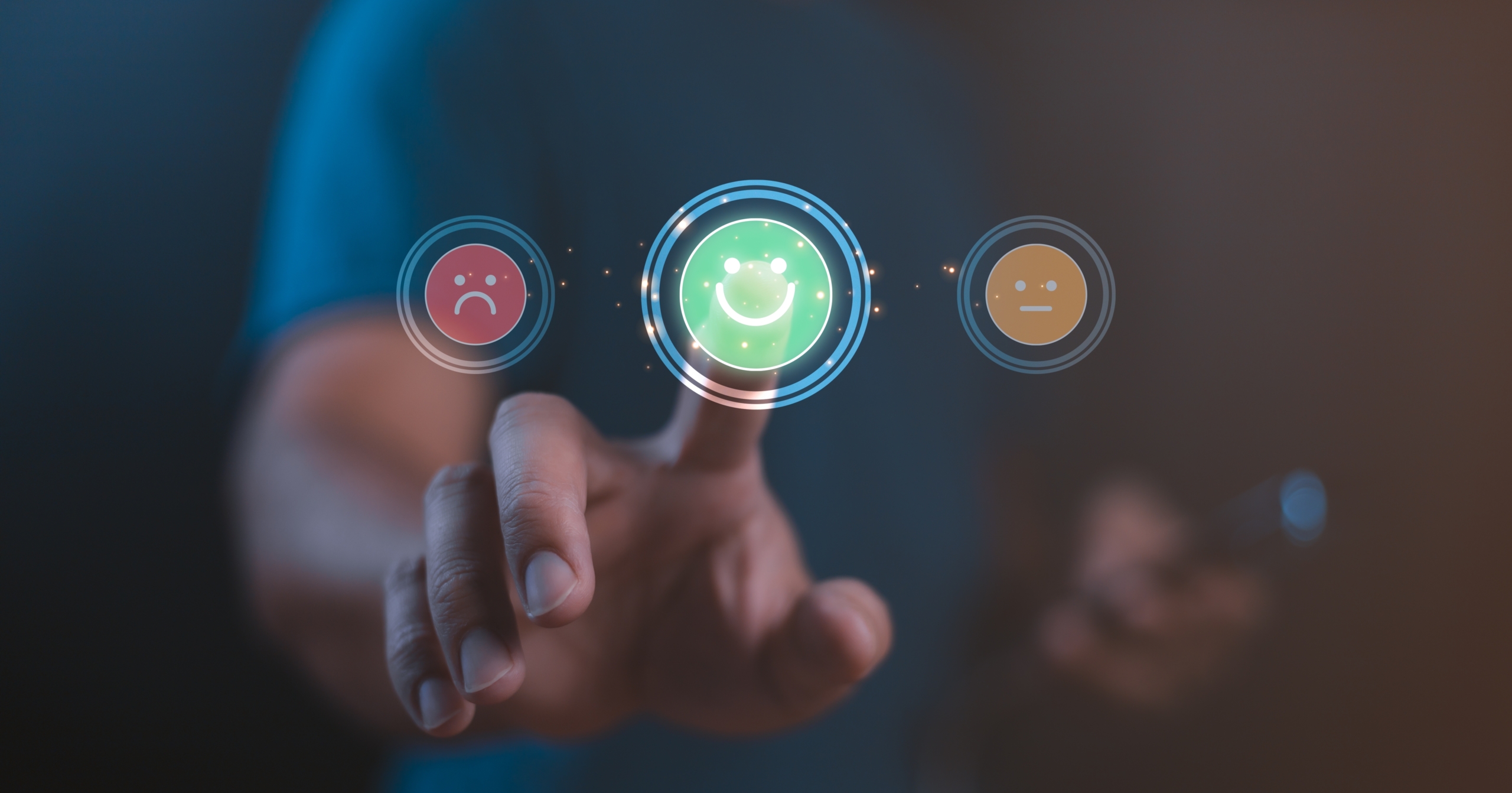Our Investment in Olio
The same might apply outside your kitchen: you went to a Jay-Z and Beyoncé concert, hosted a work breakfast, had some lunch in your office canteen, bought a snack from Pret or boarded a train from London to Manchester. In each case, there will have been valuable resources which also ended up in landfill.
That’s not to say you will have taken any pleasure out of this. As a species, it doesn’t sit well with us tossing away fuel or materials which could be put to good use, but equally, when the alternative may involve time, effort and expense we often choose the easy option. Some of us have only probably come to terms with recycling effectively in recent years, and yet, when people have access to good infrastructure, they can form new small habits whose aggregated effect can be very impactful.
The challenges facing our planet today are obvious. We put our ever-constrained resources including water and land to use in creating food and then staggeringly, we throw over 1/3 of that produce away, worth over $1 trillion a year. As a society, we are demonstrating with increasing urgency, that this bothers us. More of us are buying locally, buying misshapen vegetables, growing our own goods and even altering our diets altogether (hello veganism!). Retailers we spoke to told us that having a waste reduction strategy in place was the number one concern flagged by employees in their feedback surveys. It’s not just a PR issue for them, it is a genuine retention issue. Researchers also tell us that millennials and Gen Z want to be involved with meaningful work and are far more purpose-driven than previous generations.
Enter OLIO, a way for neighbours to share and re-distribute unwanted goods whether from their own household or from local retailers. OLIO’s app connects you with people in your location (which you select, near or far, that’s your call) who have goods that you want which you can collect at a mutually convenient time and location. For food items, this particularly resonates with a sub-set of users who make up the “hidden hungry”, who are using the app to eat during difficult times and then putting themselves forward to volunteer as local distributors of food. “It has saved my life when I was between jobs and now I collect food from retailers as a food waste hero,” one user commented.
We have seen through other businesses the challenges of scaling hyper-local communities, but we could also see the unique value and powerful emotional connections lying within the OLIO community:
“One lady collected from me with a tiny baby, she told me how grateful she was as she wouldn’t have eaten that weekend. That really stayed with me.”
OLIO has already grown from a small set of users in North London to a community of over half a million, sharing food in 32 countries. The liquidity is further testament to the demand for OLIO’s platform. 40 per cent of food listings are requested within 1 hour and 75 per cent within 24 hours. This is despite the fact that, as with all startups, the product and user experience are not yet perfect.
OLIO’s mission is also broader than just waste reduction — it’s a platform which facilitates real-world doorstep interactions. With a Minister of Loneliness being appointed in the UK at the end of this year, social isolation is being recognised as a serious problem which OLIO’s neighbourhood connections can help combat. As Howard Schultz, Starbucks’ executive Chairman commented recently in a Masters of Scale episode with Reid Hoffman:
“We’ve learned that we are longing for human connection. We’re longing for a sense of humanity and kindness and compassion and empathy, people are looking for belonging…..Technology has brought us so much, but it also has taken something away, so the humanity of things becomes so vitally important to what it is we do. If a company can do that and elevate that, that is our core purpose and reason for being.”
To this point, we believe OLIO’s technology will be a force for good and that the team will stay true to their values whilst drawing a direct line between the positive impact they want to have and the profits that their business can make.
We’re thrilled to be supporting OLIO’s co-founders, CEO Tessa Clarke and COO Saasha Celestial-One and the entire OLIO team. They are an inspiring, passionate, driven and tenacious group working on an important and global problem. We’re also delighted to join other investors Accel (backers of Wallapop and Dolo), Quadia (backers of InFarm and La Ruche Qui Dit Oui), Quentin Griffiths (Co-founder of ASOS and Achica), Silvergate Investments 2 (Baron Waheed Alli’s fund), Bran Investments, Julien Cordorniou (Facebook) and Jason Stockwood (Match.com and Group CEO, Simply Business) in their support of OLIO.
If you’d like to volunteer as an OLIO food waste hero, apply for any job openings or make sure that your office leftovers get suitably redistributed, please download the app or sign up:
Web site HERE
More info on volunteering HERE
Octopus making their own OLIO drop off outside the office. We had over-ordered for an event and had 10 bacon baguettes left. Within 5 clicks and 15 minutes we met our requester who was extremely happy with the collection:














